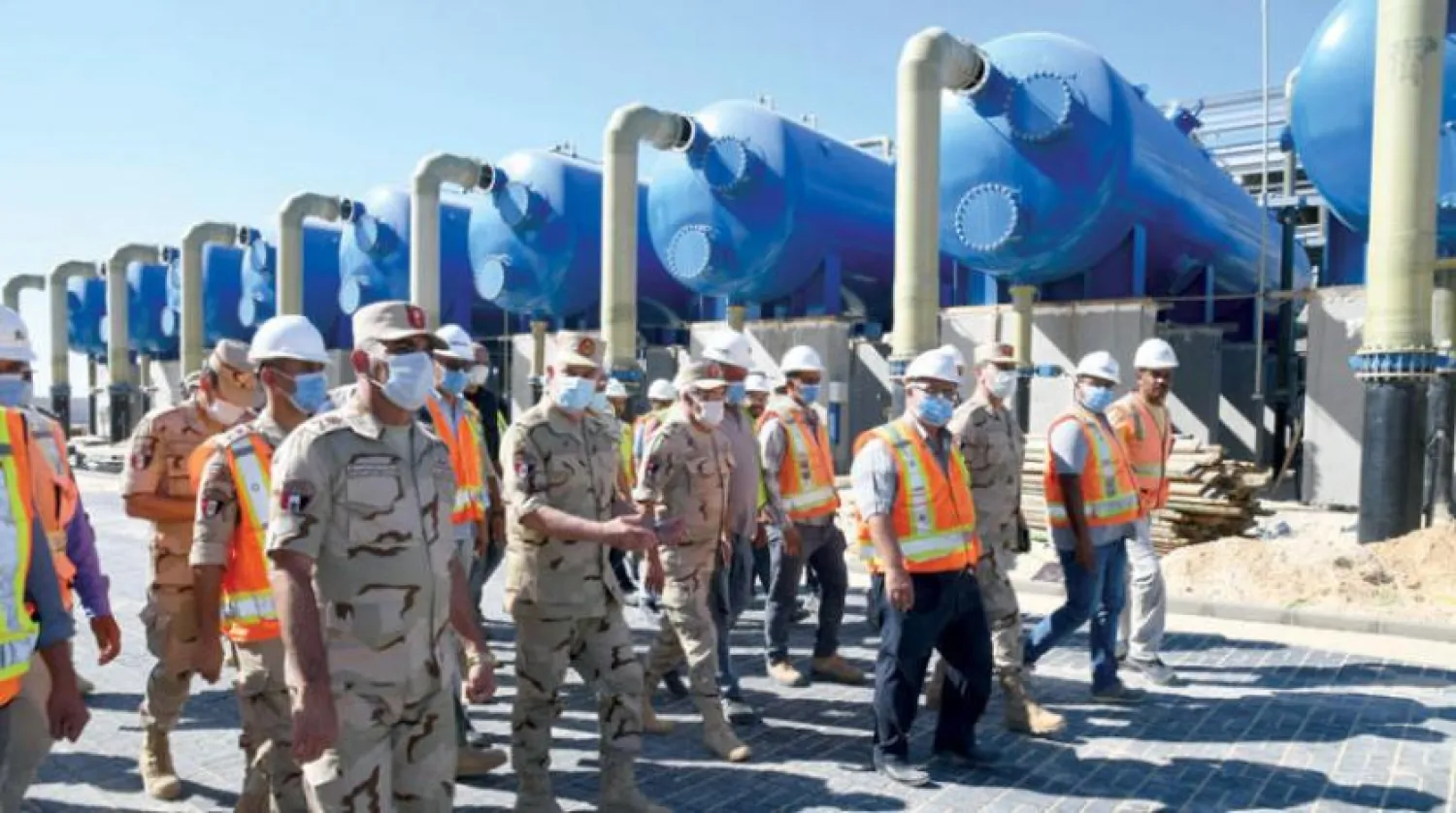Egyptian Chief of Staff Mohamed Farid inspected Tuesday military and police troops deployed in North Sinai to get firsthand information about the security situation there.
He carried out the visit a week after Egypt inaugurated a fifth tunnel linking Sinai to the mainland.
Farid also inspected the living and administrative conditions of the armed forces and police units, an official Egyptian statement said.
“The Lieutenant-General made an inspection tour that included visiting a number of national projects that the armed forces are supervising and a number of government institutions and facilities,” it added.
He met with several families and citizens who praised the armed forces on their great efforts to restore security and safety.
Later, Farid met with some executive and security leaders of the North Sinai governorate and visited the permanent operations center in the North Sinai to follow up on the progress of security operations.
Last week, Egyptian President Abdel Fattah al-Sisi inaugurated the Ahmed Hamadi II tunnel constructed beneath the Suez Canal, and the fifth of a series of tunnels that were established in the past six years in Egypt to connect the Sinai and Nile Delta.









